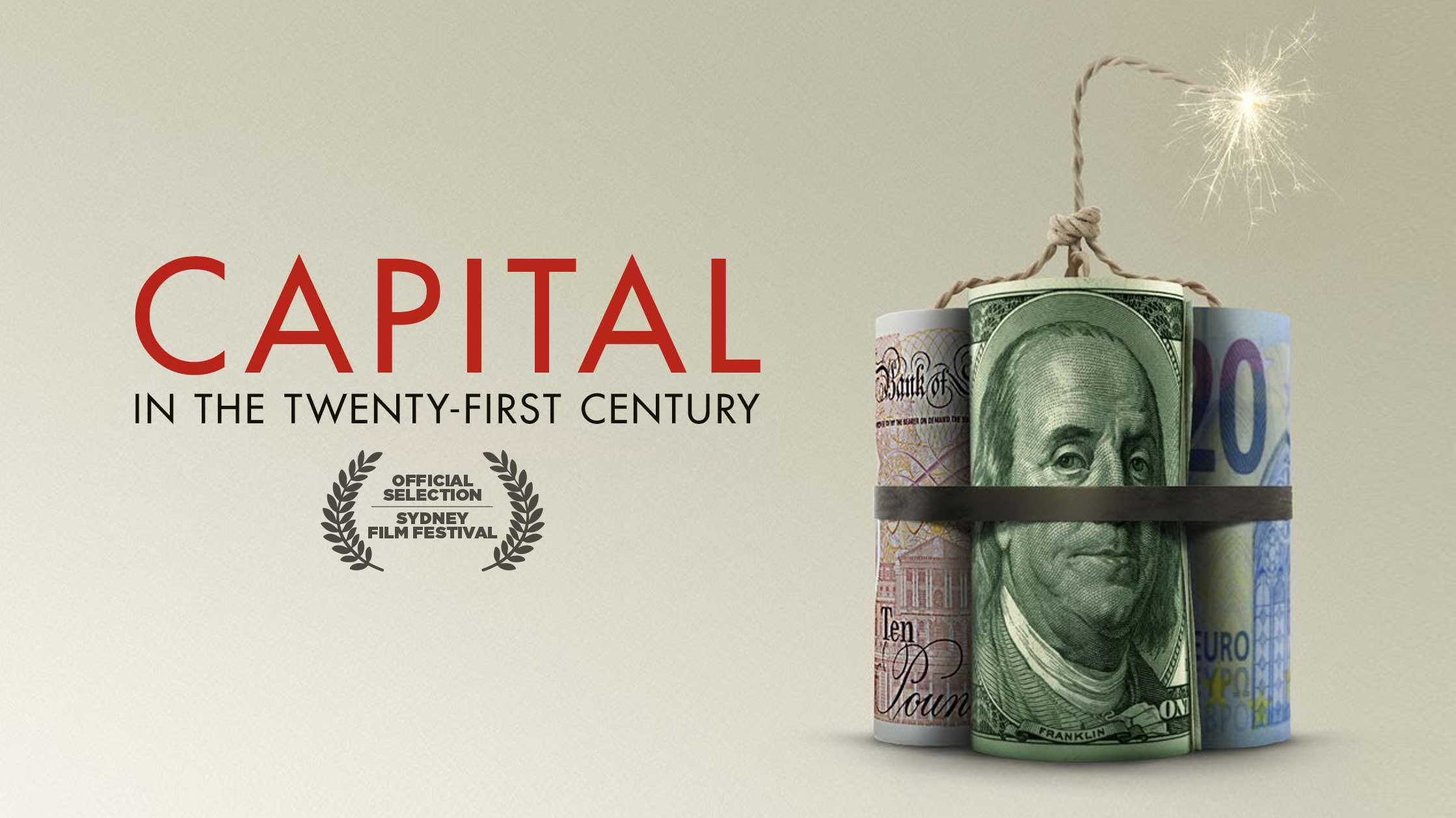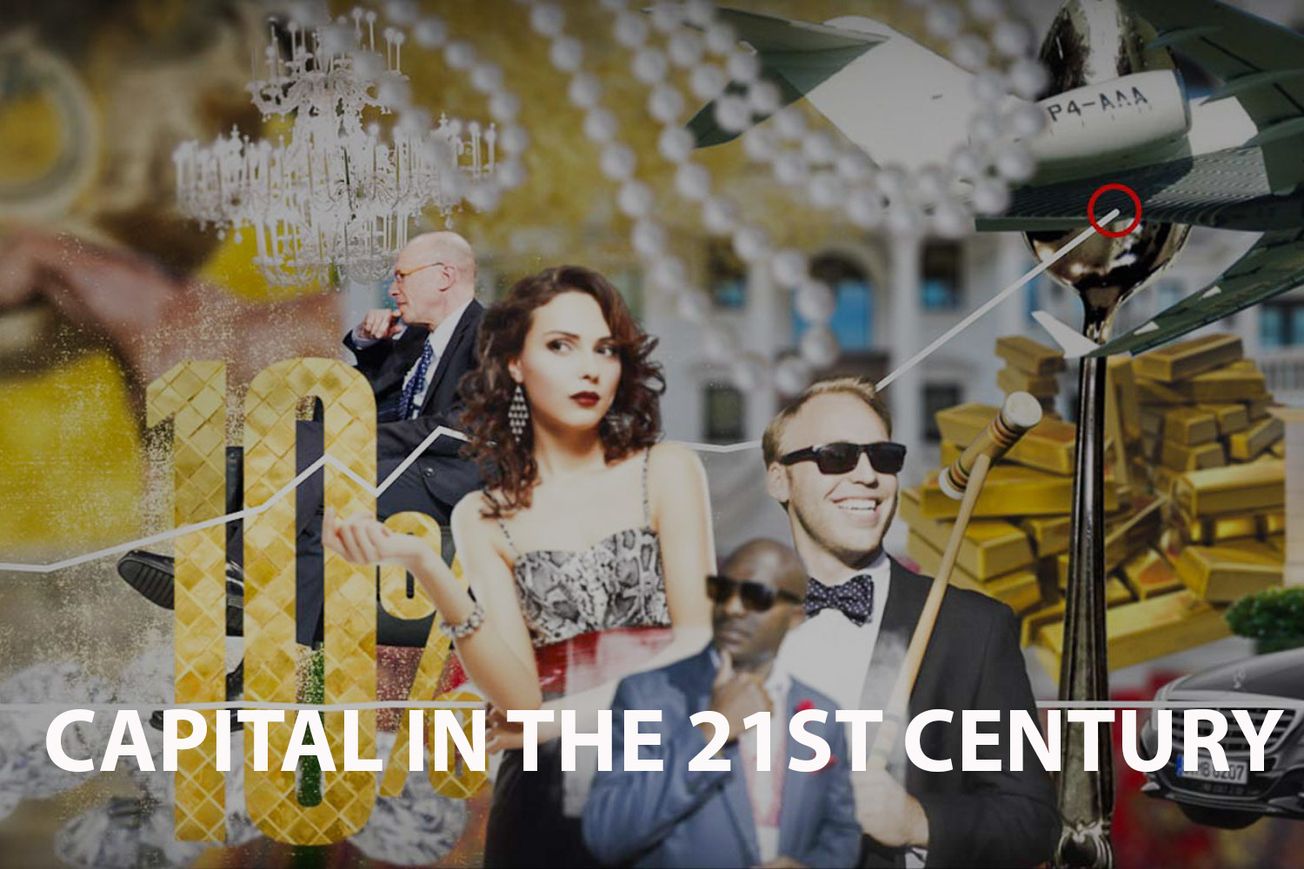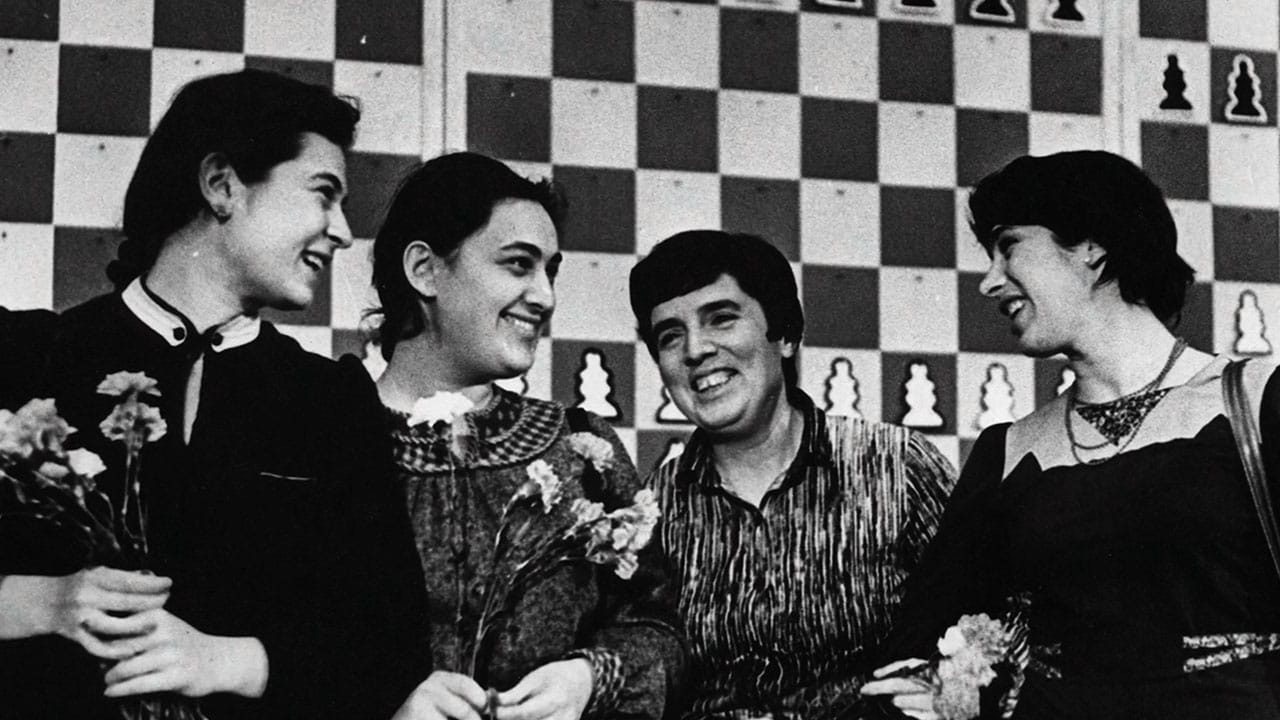Keywords: Wealth, Power, Inequality, Economic Progress, Capital, Social Progress
Introduction
"Capital in the Twenty-First Century," directed by Justin Pemberton and released in 2019, is a compelling documentary that explores the dynamics of wealth and power in our society. Based on the influential book by Thomas Piketty, it challenges the widespread belief that capital accumulation is synonymous with social progress. In the era of growing economic inequalities, the documentary's subject remains as relevant as ever.
Synopsis
The documentary takes the audience on an insightful journey through centuries of wealth accumulation and its implications on society. Using a combination of expert interviews, historical evidence, and pop culture references, it uncovers the reality of wealth disparity and the mechanisms that perpetuate it.
More Film Analysis
Analysis
Pemberton adopts an investigative approach in this documentary, delving deep into the intricate world of economics and wealth. The research is comprehensive, providing a thorough exploration of the subject. The presentation style, encompassing a mix of academic insights and popular culture, makes the complex topic accessible to a wider audience.
Historical and Factual Context
The documentary draws on historical events and economic trends from the 18th century to the present day. These include the French Revolution, the World Wars, and the recent financial crises.
Key themes in the film
- The continuous growth of economic inequality.
- The impact of wealth and power on social progress.
- The mechanisms that perpetuate wealth disparity.
Film Comparisons
Unlike other economics-based documentaries on iWonder, "Capital in the Twenty-First Century" stands out for its historical breadth and the use of pop culture references to illustrate complex economic concepts.
Noteworthy Moments
The documentary's exploration of the correlation between wealth and power is particularly striking, revealing how the rich have manipulated political and economic systems to their advantage.
Reviews
Audiences and critics have praised the documentary for its thought-provoking content and innovative presentation style.
Conclusion
"Capital in the Twenty-First Century" is an eye-opening exploration of wealth, power, and inequality that prompts us to reconsider our assumptions about economic progress. It is a must-watch for anyone interested in understanding the dynamics of our economic system.
More film information:
FILM SUMMARY
- IMDB score: 7.3
- Rotten Tomatoes score: 85%
- Metacritic score: 64
- Film festival awards: 1 nomination
PERSONALITIES
- Thomas Piketty: French economist and author of Capital in the Twenty-First Century.
- Justin Pemberton: Director of the documentary.
LOCATIONS
- France: Birthplace of Thomas Piketty and historical center of wealth and power.
- United States: Current epicenter of global wealth and power.
Key Questions Raised by the Film
- How does wealth accumulation impact social progress?
- What mechanisms perpetuate economic inequality?
- Can we achieve economic equality in a capitalistic society?
Links for Further Exploration
- Thomas Piketty's "Capital in the Twenty-First Century" on Google Books https://books.google.com.sg/books/about/Capital_in_the_Twenty_First_Century.html?id=J222AgAAQBAJ
- A review of Piketty's book in The Guardian: https://www.theguardian.com/books/2020/mar/01/capital-and-ideology-thomas-piketty-review-paul-mason
- An overview of wealth inequality in the OECD: https://www.oecd.org/wise/Inequalities-in-Household-Wealth-and-Financial-Insecurity-of-Households-Policy-Brief-July-2021.pdf
I wonder what the film would be in another art form



- A famous book, it would be "The Great Gatsby" due to its exploration of wealth and social disparity.
- A famous song, it would be "Money" by Pink Floyd as it critiques the obsession with wealth.
- A famous piece of art, it would be "The Persistence of Memory" by Salvador Dalí as it symbolizes the enduring nature of wealth disparity.
- A famous celebrity, it would be Bill Gates, who embodies the immense wealth achievable in our society.
- A color, it would be gold, symbolizing wealth and power.
- A music style, it would be classical, representing the longstanding nature of wealth and power dynamics.










